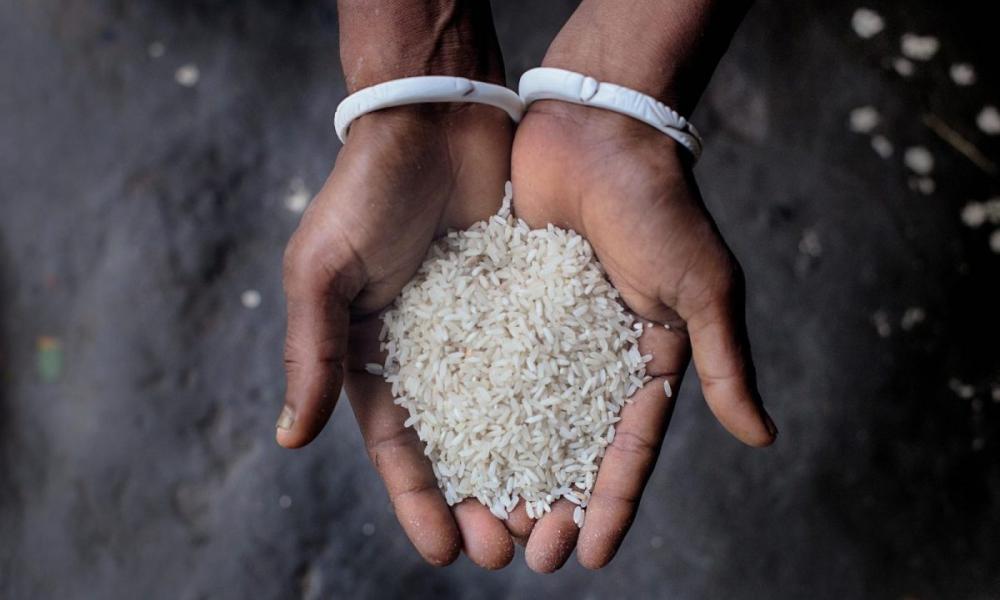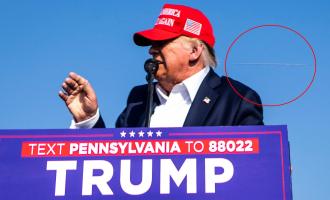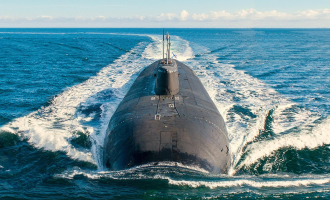Competing with India to gain Geographical Indication (GI) for Basmati rice kin the lucrative European Union (EU) market, Pakistan’s exporters are facing opposition from their own government.
Pakistan’s is a classic case of the left hand unaware of what the right hand of the government is doing. Last December, Prime Minister Imran Khan personally chose a European lobbying firm to make a strong case for his country, and oppose India’s bid for GI in the EU. However, on May 21, his Special Assistant on Agriculture, Jamshed Cheema, deprecated Pakistani rice exporters of being “intoxicated with Basmati” when the rising demand is of non-Basmati, coarser rice.
Cheema’s point is that Pakistan’s emerging major importer is China that wants only the coarser rice. Proving him right is the official data. Basmati exports have plunged by 38 percent during 20-21 as exporters were ‘preoccupied’ with export of coarser variety to China. Rice Exporters Association of Pakistan Chairperson Abdul Qayyum Paracha told Dawn newspaper on February 9, 2021: “Chinese buying of Pakistan’s non-basmati rice had kept our exporters busy in September to December 2020.”
But now, he says Cheema’s statement was “irresponsible, false and misleading.” He claimed that Pakistan’s Basmati exports to the EU were USD 800 million, rising and had great potential. “Instead of encouraging research and yield increase in basmati crop, which has a potential of more than $3 billion export annually, Mr Cheema is discouraging sowing of this heritage product,” Paracha said.
Going by official data, Pakistan’s Basmati exports stood at only USD 262 million last year. Overall, thanks to Covid-19 pandemic and other factors, Pakistan’s rice export plunged by 10 percent in quantity to 1.824 million tonnes and 6.74pc in value to $963m in July-Dec 2020-21 against the same period in the last fiscal year, its official data says.
A GI in a prosperous region is both profitable and lends prestige and the two South Asians who exclusively produce Basmati, have been engaged in a tussle since long. India held its consultations with the EU on May 8 and exporters are confident of winning the GI because as a larger market, India has a lot more, including allowing access to European wines and spirits. Indians say paragraph 23 of the Joint Statement issued at the end of the virtual summit indicates that the GI being given to India is imminent.
A GI with the EU could boost India’s basmati rice exports to $500 million in 1-2 years from the current $250 million as realisation is expected to increase with the quality-conscious consumers, Indian officials say.
India’s 2018 application, which was published in an EU journal on September 11, 2020, asked the bloc to grant “geographical indication” status to its basmati rice, which would tag it as a product inextricably connected to its place of origin. It is similar to Champagne from France, potatoes from Idaho or Kalamata olives from Greece. GI labels often serve as a mark of quality and help exporters charge higher prices.
The necessary process may be completed next year. Pakistani exporters filed Notice of Opposition last December. The Reasoned Statement in opposition to India’s claim on the GI tag was filed on February 5 this year. The third step is the cooling off period of three months after which the hearings in DG Agriculture of European Commission will commence.
Basmati rice is grown mainly in the two Punjabs. It is big commerce, but also a matter of prestige that neither wants to lose. Turns out that India has a 65 percent share in the global Basmati market while Pakistan has the rest.
Till the 2020-21 downfall, Pakistan’s Basmati exports to the European Union had almost doubled over previous three years since permissible levels of pesticides on imported agricultural products to the bloc were reduced in 2018, while India has repeatedly failed these tests.
In 2019-20, India produced 7.5 million tonnes, of which 61 percent was exported, earning the country Rs 31,025 crore, according to the Ministry of Commerce. Region-wise, India sold $4.3 billion worth of basmati overseas last year, three-quarters of it to the Middle East. Roughly $180 million was sold to the U.S., according to the All India Rice Exporters Assn.
Where India gains is its low production cost and low freight compared to Pakistan. Although India controls two-thirds of the global basmati market, competition between the nations has grown in recent years as Pakistan increases sales to Europe.
Iran has been India’s major customer. But Indian suppliers have found it difficult to receive payments from Iran without running afoul of U.S. and international sanctions against the Islamic Republic. News reports indicate that Pakistani traders have been able to set up new barter mechanisms with Iran while Indians have struggled to quickly convert their old cash-based deals to barter.
Although an EU designation would not apply in the American market, it could help lift the profile of basmati as an Indian product in the minds of global consumers.
There was a time in late 1990s when India and Pakistan teamed up against RiceTec, a Texas-based American firm that sought to appropriate Basmati rice. India at the time actively supported the Pakistani government. Both eventually succeeded in thwarting RiceTec’s scheme.
More than a decade ago, the two countries discussed jointly applying for geographical status for basmati rice. But the talks fell apart after the 2008 terrorist attacks in Mumbai, which India blamed on Pakistan, and since then relations have scarcely improved.
Some Indian legal experts say that even without India claiming exclusivity, the EU could decide to grant geographical protection to “Indian basmati,” meaning that Pakistan couldn’t market its product as basmati without its own designation.
If the EU accepts this interpretation, and given the cold vibes with Pakistan that has been critical of Europe for engaging in the alleged Islamophobia, combined demand by Pakistan’s Islamists for boycott of France, a key EU member for the Charlie Hedbo cartoons, the die is cast against Pakistan and for India.















